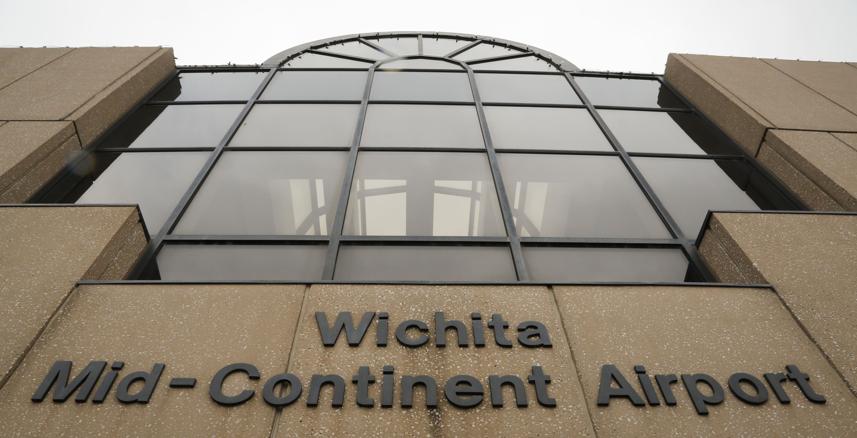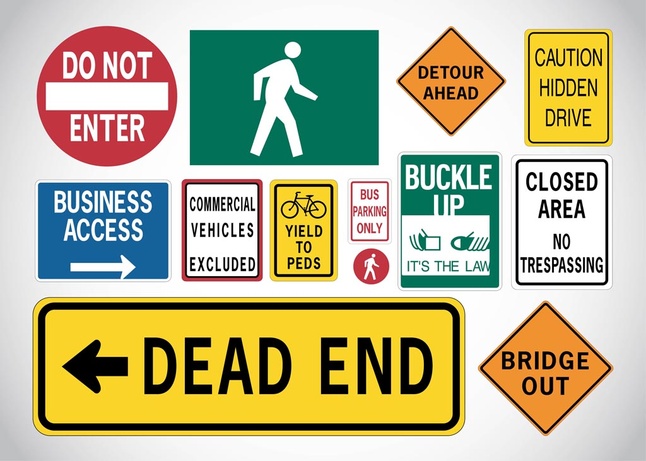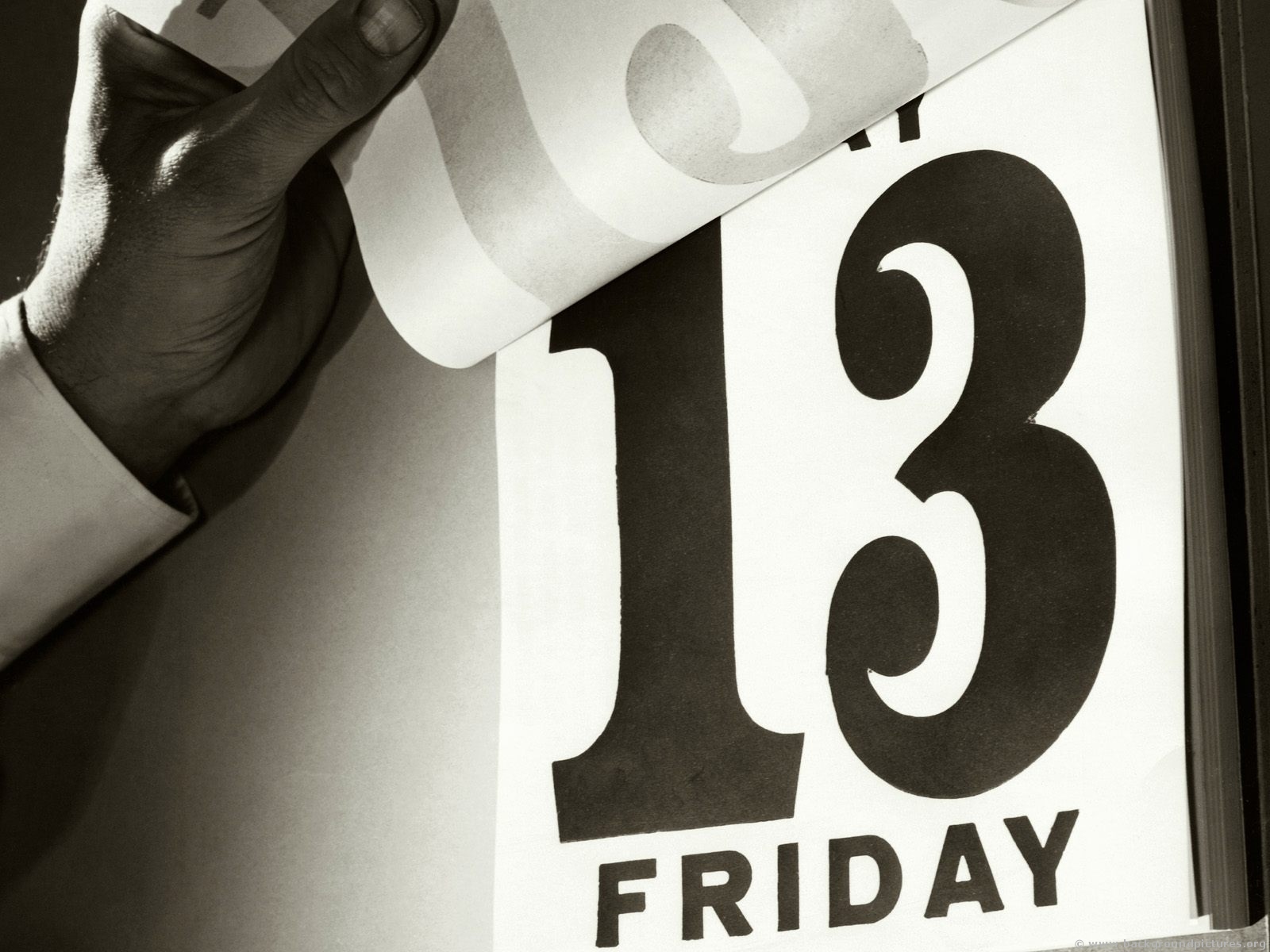The line between news, views, public relations and social media is blurring. Communicators need to know and use all the tools that are available to stay on top.
To be able to be competitive, you must learn the ins and outs of blogging, YouTube, Facebook, Twitter, online newsrooms and all other social media.
Take the initiative to gain hands-on experience through easy-to-follow, step-by-step exercises using new media tools and services, and strategic knowledge of how to apply social media to your communications.
Start at square one and get everything you need to develop and deploy new media and social media initiatives that deliver measurable results. Learn the following:
When to blog, comment or listen.
The business case for RSS, blogging and podcasting.
How to integrate new media into conventional public relations campaigns.
The basics of search engine optimization (SEO).
Podcast development, production and distribution.
About video-on-demand and webcasts.
About social bookmarking and networking.
How to use Twitter to track news and build communities.
Sign up today for courses beginning in 2014.
IMAGINUS
Box 147 City Island Station
NYC, NY 10464
admin@imaginus.biz






